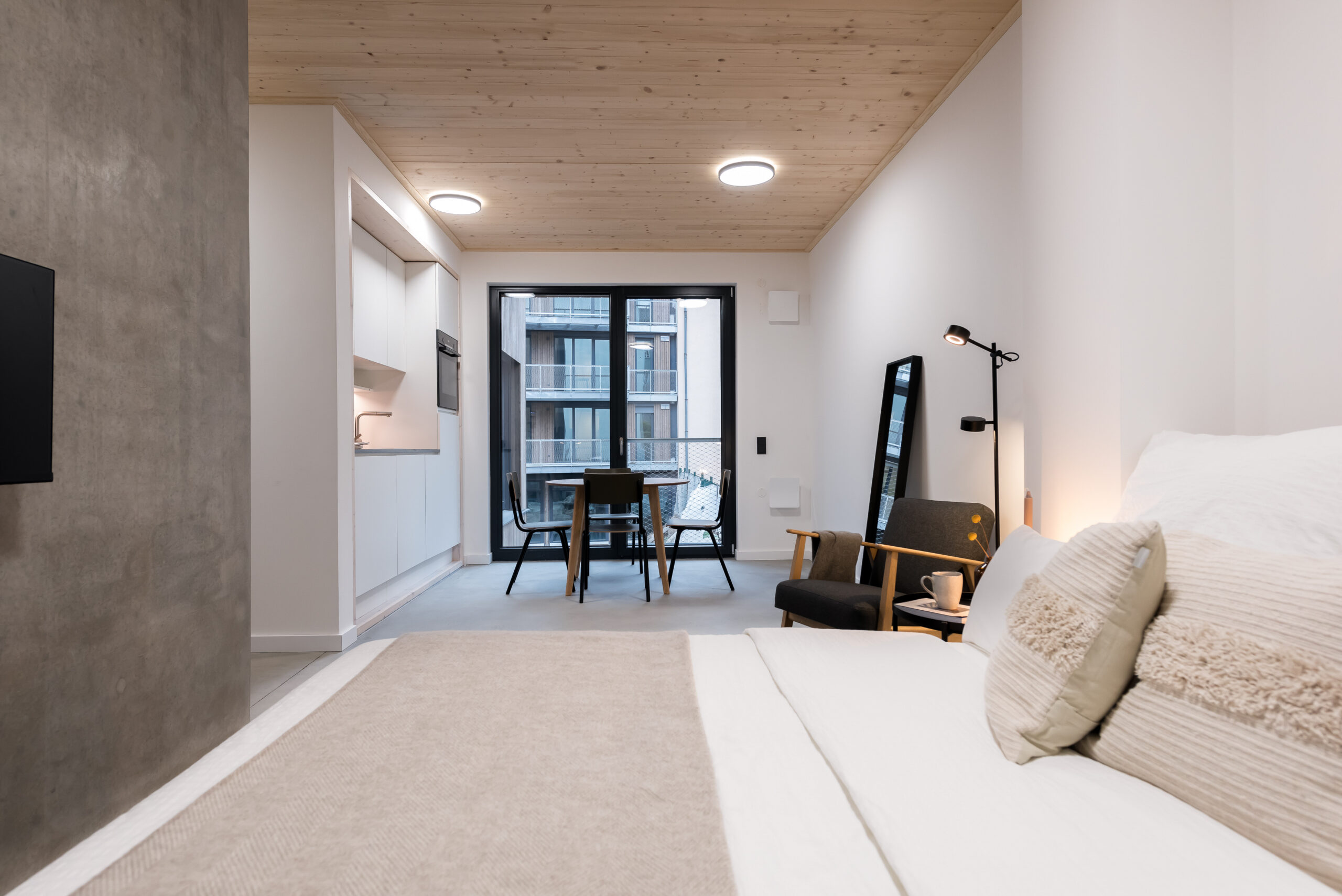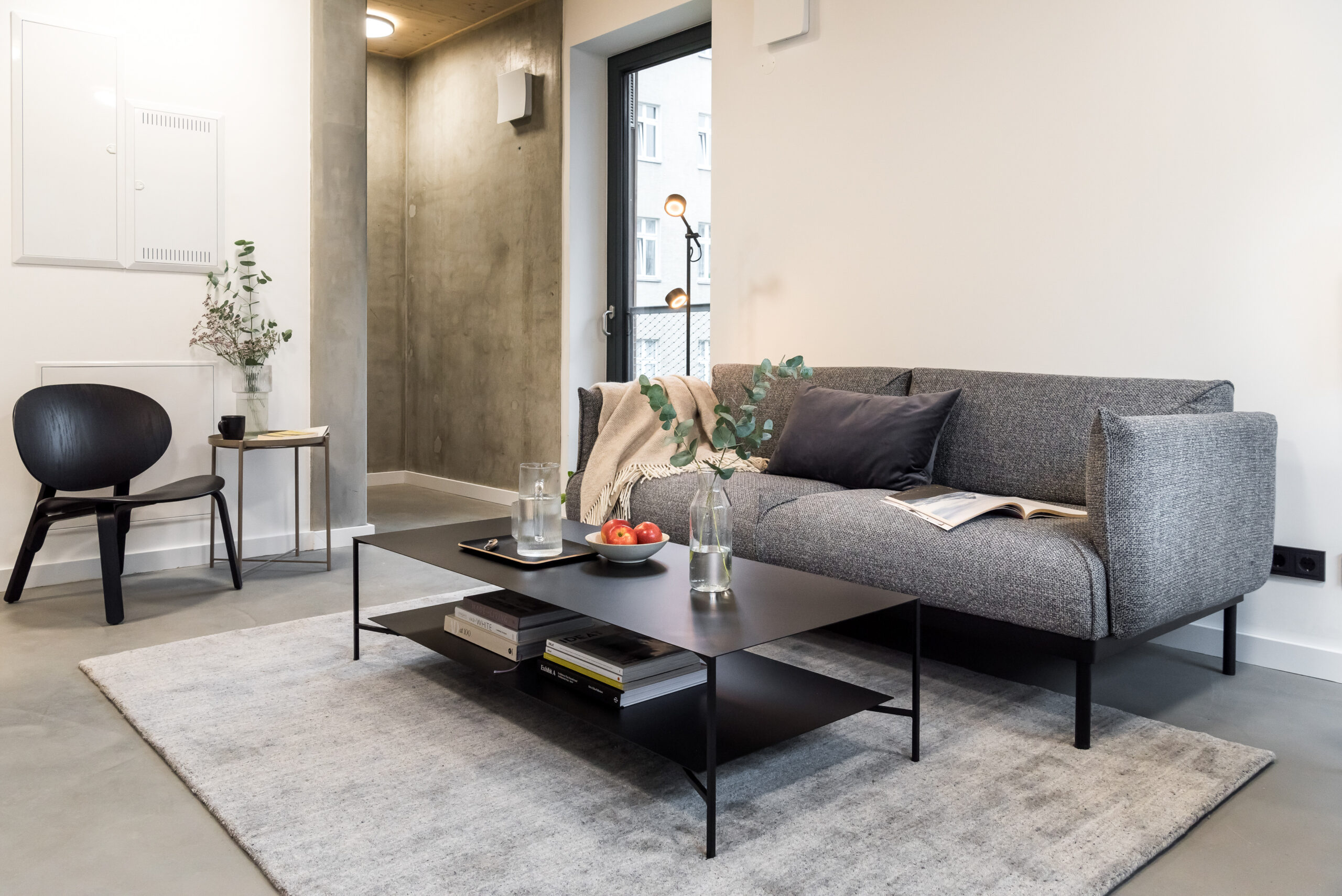How can I find rental apartments in Berlin and what is the process?
- 7 mins to read
- 14 May 2024
- MMonica Bozinoski.
tenant?
In recent years, Berlin has become an increasingly popular destination for individuals looking to rent apartments. With its vibrant art scene, booming tech industry, and affordable cost of living, it’s no wonder that more and more people are flocking to the German capital.
However, navigating the rental market in Berlin can be a daunting task for newcomers. In this article, we’ll guide you through the process of finding and securing a rental apartment in Berlin.
Understanding the Berlin Rental Market
The first step in finding a rental apartment in Berlin is to familiarize yourself with the city’s rental market. Berlin is known for its relatively affordable rents compared to other European capitals, although prices have been steadily rising in recent years. Rental prices in Berlin are still generally lower than cities like Munich or Hamburg.
It’s also essential to understand the nuances that make it unique. Berlin’s rental market is not only shaped by its historical and architectural diversity but also by its vibrant neighborhoods, each with its own character and charm. Whether you prefer the bustling energy of Kreuzberg or the tranquility of Prenzlauer Berg, Berlin offers a wide array of options to suit different lifestyles and preferences.
Key Features of the Berlin Rental Market

One of the key features of the Berlin rental market is its diverse range of apartment types. From modern high-rise complexes to charming pre-war buildings, there is something for everyone in Berlin.
Whether you’re drawn to the sleek lines of Bauhaus-inspired buildings or the ornate facades of Altbau apartments, Berlin’s housing options cater to a variety of tastes. Beyond aesthetics, the layout of neighborhoods and proximity to amenities like parks, cafes, and public transportation also play a significant role in shaping the appeal of different rental properties.
Factors Influencing Rental Prices in Berlin
Several factors influence rental prices in Berlin. Location is a major factor, with neighborhoods in central Berlin generally being more expensive than those on the outskirts of the city. The size and condition of the apartment, as well as the presence of amenities such as balconies or parking spaces, can also impact rental prices.
Moreover, the evolving cultural landscape of Berlin contributes to the fluctuation of rental prices. Areas experiencing gentrification may see a surge in demand and subsequently higher rents, while up-and-coming neighborhoods offer more affordable options for those seeking a burgeoning sense of community.
Understanding these dynamic forces at play in the Berlin rental market can help prospective tenants navigate the city’s diverse housing landscape with insight and foresight.
Securing the Right Apartment: A Step by Step Guide

Once you have an understanding of the Berlin rental market, it’s time to start your apartment search. Although this task can be overwhelming at first, there are several steps you can take to make it easier and smoother for you.
Here are a few things to consider when searching for an apartment in Berlin:
Explore Berlin’s neighborhoods
When embarking on your apartment search in Berlin, it’s important to consider the various neighborhoods and districts that make up this vibrant city. By exploring different neighborhoods, you can find the perfect location that suits your lifestyle and preferences.
Get familiar with the cost of living
Setting a monthly budget is an important part of moving to a new city. Understanding the cost of living in Berlin will help you not only plan for your time in the city, but also filter your housing options with more confidence and security.
Make sure to search in advance
Searching with time is a crucial part of securing the ideal apartment for you. Online, you will find several platforms that cater specifically to apartment hunting in Berlin. These platforms allow you to filter your search based on location, size, price, and other criteria.
Understand the rental application process
Once you’ve found the perfect apartment, it’s time to submit your rental application. The rental application process in Berlin typically requires several documents and involves certain procedures, so make sure to read all the information regarding your specific case.
Have your documents prepared
When submitting your rental application, you’ll need to provide certain documents, including a valid ID or passport, proof of income, and a Schufa (credit) report. It’s important to have these documents ready in advance to streamline the application process. Additionally, some landlords may request additional documents such as a rental reference letter, employment contract, or bank statements.
I’ve Found My Ideal Apartment: What Next?
Once you’ve secured your apartment in Berlin, it’s time to sign your rental agreement!
Before signing the rental agreement, take the time to carefully read and understand its terms. The rental agreement should outline the duration of the lease, the monthly rent, and any additional costs or clauses, such as the notice period for termination.
Additionally, pay close attention to any special provisions or conditions that may be included in the agreement. These could relate to maintenance responsibilities, subletting rules, or restrictions on property modifications. Being aware of all the terms and conditions will help you avoid any misunderstandings or disputes in the future.
Finally, don’t forget to register your new address with the local authorities. In Germany, it is mandatory to register your address within a certain timeframe. This process, known as Anmeldung, involves visiting the local Bürgeramt (registration office) and providing the necessary documents. Registering your address is not only a legal requirement but also ensures that you have access to important services such as healthcare and banking.
Apartment Rental Made Simple With Habyt

Navigating the many steps involved in renting an apartment in Berlin may seem challenging at first, but it doesn’t have to be difficult. With Habyt, your search, application and move-in is simple, smooth, and 100% digital, making it easy to rent an apartment in Berlin.
Whether you’re looking for your very own apartment or a private room in a co-living space, you won’t have to worry about furnishing your new home, setting up utilities, or finding a roommate – Habyt does it for you.
Soon enough, you’ll be settling into your new home in one of Europe’s most exciting cities. Embrace the opportunity to explore Berlin’s rich history, vibrant culture, and diverse neighborhoods without the pressure of traditional renting!

 Back
Back



